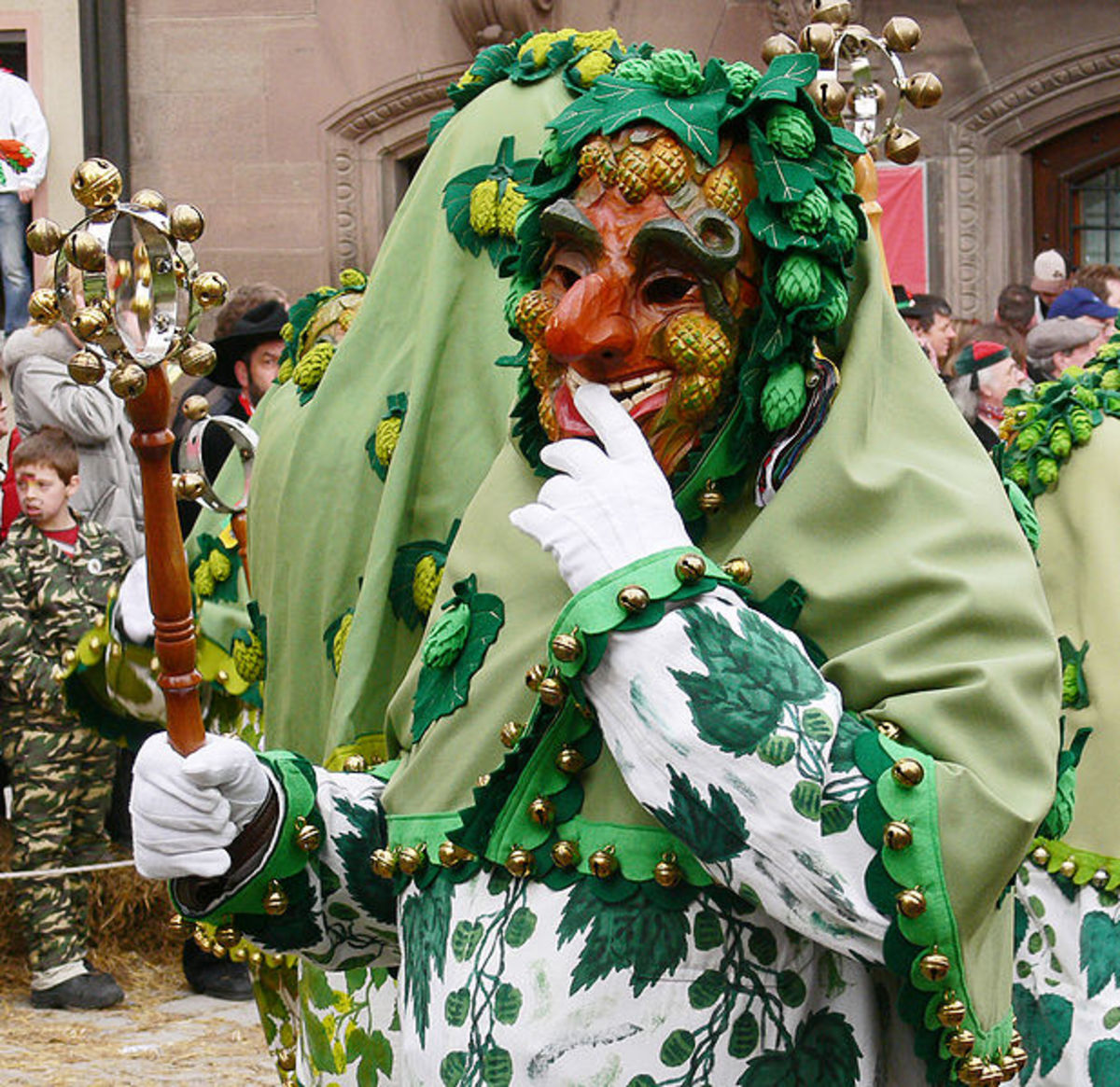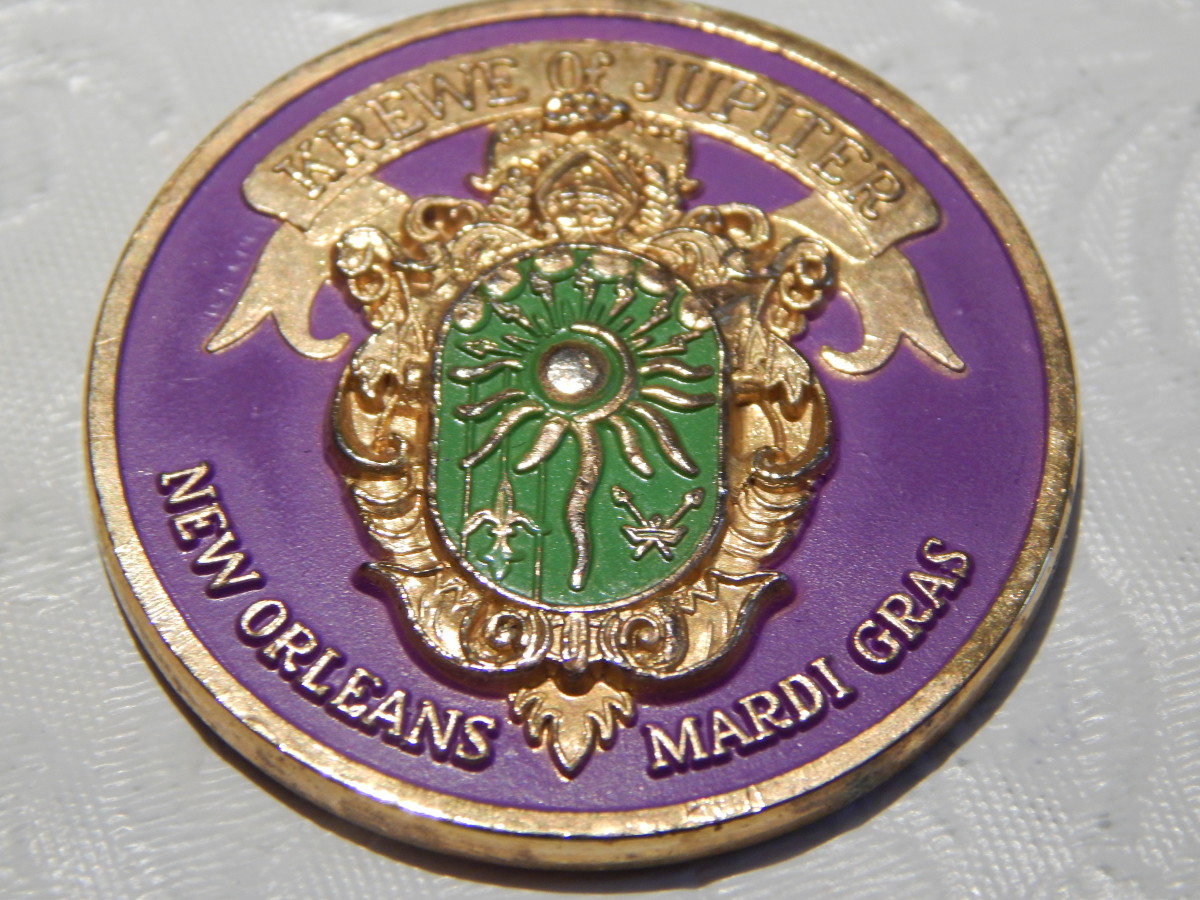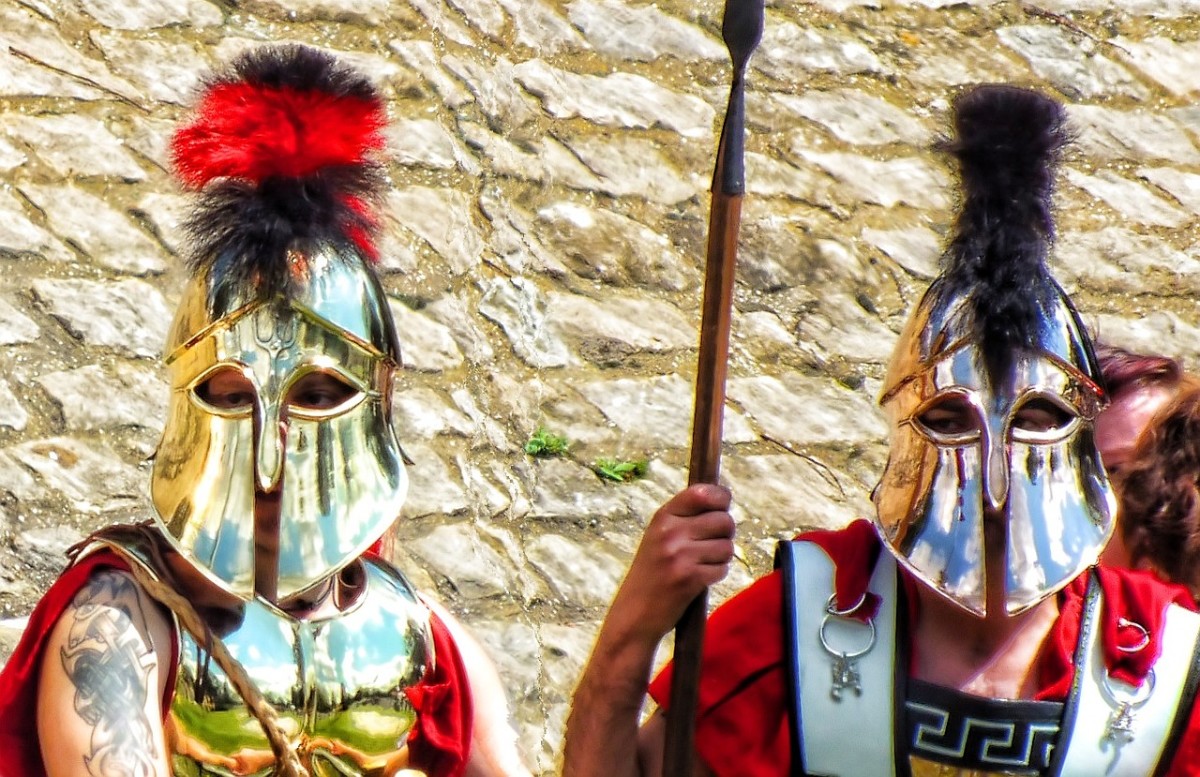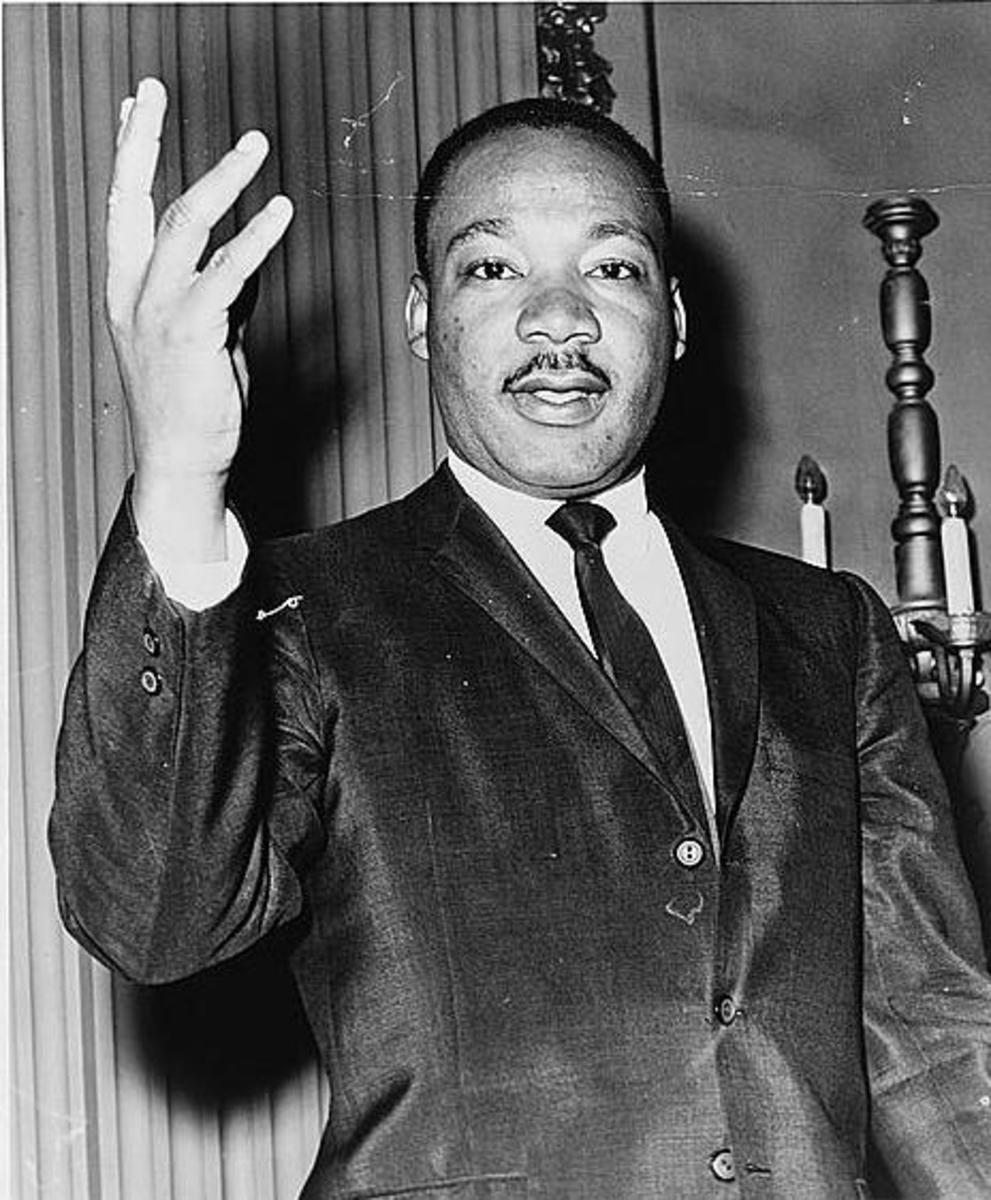Mardi Gras—Why Do We Celebrate?
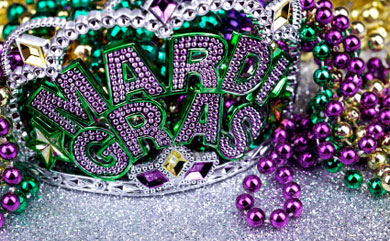
Mardi Gras!
Oh, what a party!
Mardi Gras is celebrated in the United States and in countries all over the world. I've attended Mardi Gras parties, even though I don't honor my religion this way. But what is Mardi Gras—-Fat Tuesday—and why do people gather for parties, parades, music, dancing, special foods and frivolity?
It is a cultural experience for everyone, so ... get ready to dance, sing and enjoy life!
It's an experience you will never forget.
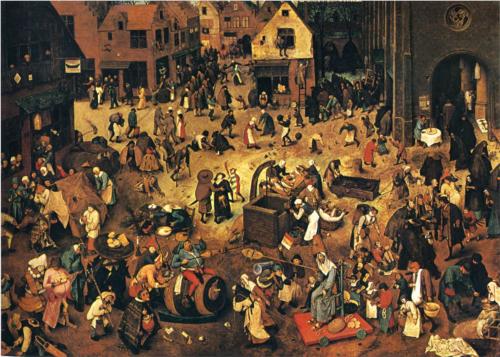
What Is Mardi Gras?
Mardi Gras Season, or “Carnival Season,” began as a religious observation at Epiphany, ending on the Fat Tuesday (Mardi Gras), the day before Ash Wednesday.
Mardi Gras is a French translation of Fat Tuesday, referring to the last opportunity to eat rich, sweet, “fatty” foods just before Lent, the fasting season which begins on Ash Wednesday. Today, participants march in parades while wearing sparkling and colorful masks and costumes, singing, dancing and partaking in tasty foods and a variety of beverages—both alcoholic and non-alcoholic.
The 40-day-season of Lent leads up to the Christian holiday of Easter, the day when Jesus rose from the dead on the third day following his crucifixion. Lent is a time for charitable alms-giving, penitence and prayer, says the Christian Resource Institute.
During Lent, religious Christians give up “pleasures” of life including sweets, rich foods and, in some cases, sexual relations. The season is celebrated in different ways, depending on the city or country. In America, New Orleans, Louisiana is the most popular location to celebrate the Mardi Gras.
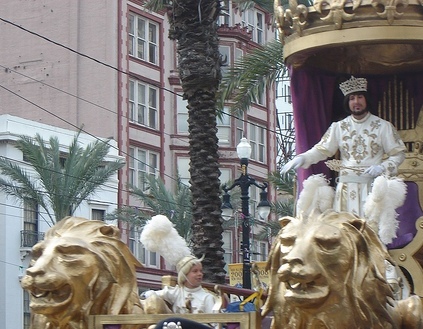
Mardi Gras in New Orleans
French settlers came to New Orleans in 1699. Most historians think the first Mardi Gras was celebrated in the small settlement of Fort Louis de la Mobile in 1703 as part of a Catholic service. The city of New Orleans was established by the French in 1718, reverted to Spanish control from 1763 until 1801 and then returned to the French until 1803 when the United States made the Louisiana Purchase. Mardi Gras became a state holiday in 1875.
New Orleans’ Mardi Gras (Carnival) Season begins on Epiphany … January 6th … and includes parades, masquerade balls and parties featuring king cake; a type of cake decorated with purple, gold and green icing or sprinkles that is baked with a small trinket inside; the person who receives the prize must host a party or provide the next “king cake.” The celebrations last about two weeks up until and through Fat Tuesday.
Author's note: Although I don't spend much time in the kitchen, I once tried to make a king cake. During the baking process, it expanded over the pan. I won't be doing that again ...)
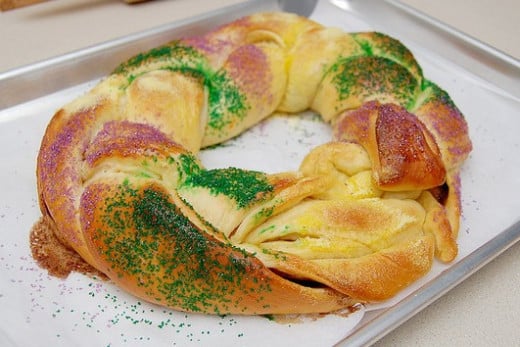
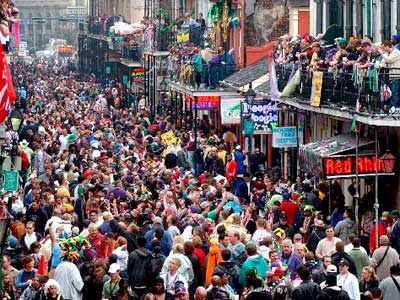
Revelry in New Orleans
Mardi Gras parades typically follow routes through uptown or midtown areas of New Orleans; they cannot take place in the French Quarter because of that section’s narrow streets and overhead structures. These parades feature musicians, dancers, floats and colorful costumes (often made with beads and feathers in colors of green, gold and purple).
The parades are organized by Carnival krewes; people who ride on the floats, tossing souvenir “throws” to the crowds such as plastic beads, cups, wooden or aluminum doubloons (coins) and small toys.
Although Mardi Gras is a state holiday, there is no “official” theme, krewe, parade, souvenir, party or even website. Each social club and krewe provides its own merchandise to toss to the crowds in parades. New Orleans’ city government is not involved in planning or implementing the parades or public parties, with the exception of issuing permits for these events. Balls (formal dances), parties and parades are put on by members of various private, non-profit organizations and social clubs in New Orleans. Balls are held at hotels, auditoriums and in some cases, the Superdome.
Mardi Gras celebrations have been scaled back since Hurricane Katrina struck New Orleans in 2005, but the Carnival Season continues to attract millions of tourist dollars to the city.
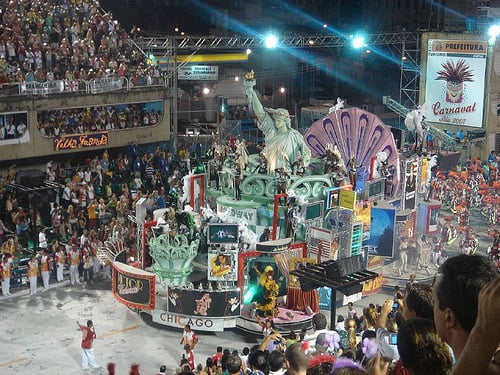
Mardi Gras in Rio de Janeiro
Mardi Gras celebrations are all over Brazil but the Rio Carnival -- or Carnaval -- is considered to be the biggest and arguably, the best. Its origins come from Europeans, Romans and Greeks who threw parties to celebrate the coming of spring. In 1850, the first idea of “carnival” came to Rio, with the traditions evolving from French to Brazilian culture.
Rio Carnival/Carnaval is a four-day celebration beginning on the Saturday that takes place 40 days before Easter and ending on Fat Tuesday (Mardi Gras). After the street celebrations, the Rio Carnival/Carnaval ends with the Samba Parade featuring costumes, floats and school competitions.
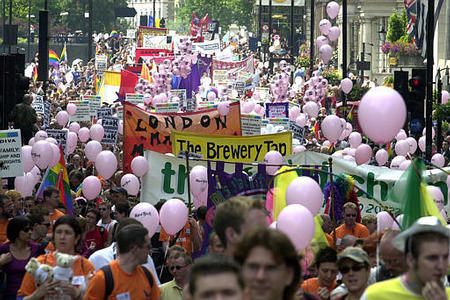
Other Mardi Gras Celebrations
Mardi Gras/Carnival Season is celebrated different ways in cities around the world including (but certainly not limited to) Sydney, (Australia), Mazatlan, (Mexico), Quebec City (Canada), Port of Spain (Trinidad and Tobago), Binche (Belgium), Milan (Italy), London (England), Marseille (France) and Cologne (Germany). While New Orleans is the most popular location in the United States, festivities occur in other areas of Louisiana as well as California, Alabama and Texas.
Want To Go?
Trust me on this one—attending Mardi Gras celebrations involves pre-planning if you need accommodations because hotels and airline reservations for Carnival time in New Orleans, Rio de Janeiro or anywhere else in the world are usually booked far in advance. Many Mardi Gras and Carnival events, (in Rio for instance), require tickets to attend.
If you want to go to celebrations in New Orleans, Rio de Janeiro or anywhere else, no matter when you travel, you must begin your planning right now. Hotel rooms get booked quickly. (You may have some luck with private home accommodations). and taxis, Uber or Lyft rides will take some patience. Car rentals are expensive.
Further Reading

© 2014 Teri Silver

